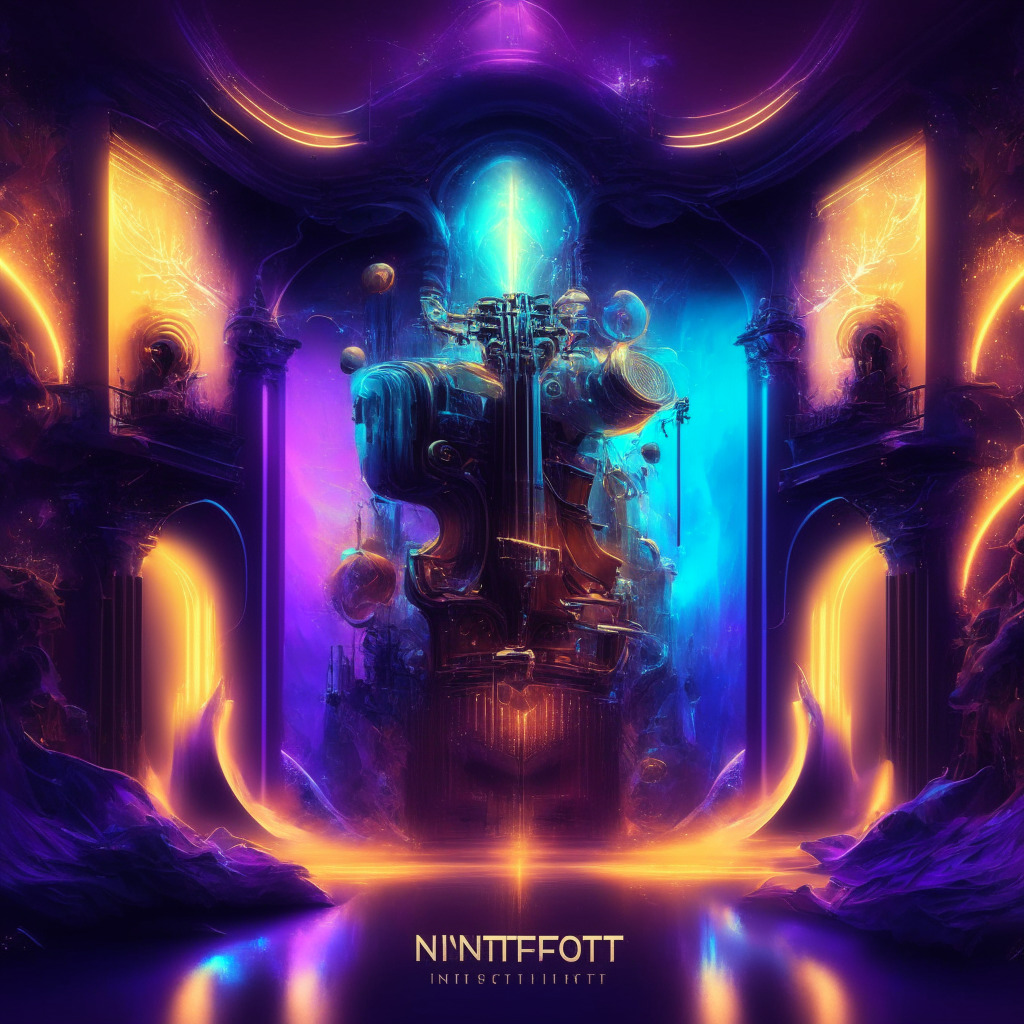The music industry is witnessing a transformation, thanks to the emergence of non-fungible tokens (NFTs). NFTs, unique digital assets verified on a blockchain network, present endless possibilities for both the music industry and investment. The ability to grant exclusive ownership of digital content allows artists to issue limited edition digital albums at premium prices, and paves the way for a creative shift towards producing one-of-a-kind pieces that fans would want to own and collect.
Traditionally, artists receive a small portion of the revenue generated from music sales, but NFTs enable transparent royalty payments through clear ownership on a blockchain network. This may result in a change in the way music albums are published, as artists could choose to release music albums through NFTs to ensure they receive a fair share of the revenue generated from their work.
Tokenization of music with NFTs means that it can be divided into smaller, more manageable parts, like the rights to use a specific beat or the lyrics of a song. This empowers artists to monetize specific parts of their music while making them more accessible to fans. Furthermore, NFTs allow artists to interact with fans in ways that were previously impossible, such as releasing exclusive digital content like backstage footage, live performances, or even unique digital collectibles. The sense of exclusivity created by these tokens can increase fan engagement and potentially lead to higher revenue streams.
The protection of intellectual property becomes easier with NFTs, as the ownership of music on a blockchain network makes it more challenging to copy or plagiarize. This allows artists to exercise greater control over their music’s distribution and create compositions with increased freedom. As NFTs continue to revolutionize the music industry, financial advisors should explore investing in music albums through NFTs for their clients.
Tokenizing music and creating unique digital content transforms music albums into an asset class that can offer new investment opportunities for clients. Exposure to NFTs representing music album ownership can provide clients with an uncorrelated asset class that diversifies their portfolios and reduces risk. Financial advisors can collaborate with music industry experts and analysts to identify emerging artists and trends that represent investment opportunities, particularly for clients passionate about music.
However, investing in music albums through NFTs is not without its risks. The value of music albums and NFTs can be volatile, fluctuating based on the music and artist’s popularity. The lack of regulatory oversight in the NFT market further adds to the challenge of assessing risks associated with these novel investments.
In conclusion, the growing implementation of NFTs in the music industry opens new doors for artists, fans, and investors alike. By granting exclusive ownership, monetizing specific parts of music, and protecting intellectual property, NFTs can revolutionize the way music is created, distributed, and consumed. Financial advisors should consider exploring the potential benefits and pitfalls associated with integrating NFTs into their clients’ investment portfolios.
Source: Coindesk




